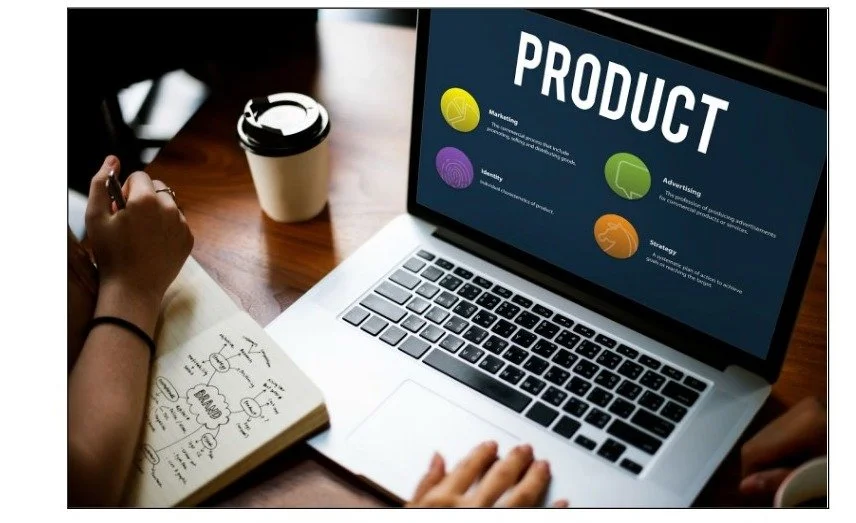How Does Regulatory Approval Impact Product Success in the Market?
Launching a new product in today's competitive world is exciting yet challenging. It may be a new health product, a gadget in the tech field, or simply a food item, but every product goes through a process called regulatory approval before launching it in the market.
This, to a great extent, is checked by government bodies or independent authorities to ensure that the products are safe and of proper quality and compliance in their release for human use. But to what extent does this influence the success of the product in the marketplace? Let's answer that important question.
Understanding the Regulatory Approval Process
Government approval or regulation is the process by which either a manufacturer or a manufacturing firm obtains a product for testing by a government agency or regulatory body before it hits the consumer's market. It saves consumers since the output is safe and functional and fulfills the set standards for industrial safety. Though strictly consistent with the class of product, it generally involves the assessment of the product in question, documentation, and sometimes inspection.
For example, health and pharmaceutical products like medication, medical equipment, and dietary supplements are subject to strict clearance before they are deemed safe for use by human beings. Consumer electronics and even toys are subject to the risk of regulation to ensure that they will not harm or do as promised.
Link Between Regulatory Clearance and Market Success
Trust and Confidence from Consumers
One of the most significant implications of regulatory approval is its effect on consumer trust. Today's buyers are becoming increasingly aware and enlightened about the products they commit to. They want to be assured that the products purchased by them are safe, reliable, and harm-free. A product that is approved by a known regulatory authority conveys a clear message to the consumers that the product has been scrutinized and meets certain set standards.
In short, if it's a health supplement that is thereby compliant with health and safety regulations, more possibly, consumers will trust that it works as a marketed promise without adverse effects on their health. Trust, in one way or another, is an important factor for the product's success, particularly in industries whose safety and quality take precedence over all else, such as food, drugs, and cosmetics.
Market Access and Expansion
Regulatory approval may also unlock new markets. Many countries' governments (like Saudi Arabia’s SFDA registration) require foreign products to meet their regulatory requirements before a product can be sold within that country's borders. Lacking the appropriate approvals, a product might be curtailed or even prohibited, thus compromising its market opportunity.
For example, the pharmaceutical firm may need to honor each country's regulations if it intends to sell its medicine in several countries. These regulations ensure that not only is it safe but also effective for the stated medicinal conditions. In case the regulations and guidelines are not met, the product would not be allowed by law to be sold in those countries, meaning limiting the brand's global reach and growth.
Minimized Liability and Risk of Lawsuits
Another way in which regulatory approval impacts product success is that of reducing legal risks. Once approved by a particular regulatory authority, a product has gone through a level of investigation and is seen to be safe. This reduces the chances of litigation or other affiliated legal cases ascribed to the reasons for product defects or that are because it has caused damage.
For example, when the regulatory body has given a clean chit to a specific medical device, the risk of lawsuits in a court of law is reduced because users will not be critically injured by the device. Simultaneously, this nod or approval from the regulatory authority provides an assurance not only to customers but also to producers and companies.
Increased Product Validity and Competitive Advantage
Regulatory approval gives a product credibility. Certification from a regulatory body is that fine line that differentiates a product in crowded markets where somewhat similar products are vying for the attention of consumers. It's a third-party endorsement that makes it stand out against other competitors that may not have received this approval.
For example, in the organic foods or cosmetics industries, products carrying certification marks or stamps from accredited regulatory bodies are considered more credible. This places them on a higher pedestal than those that lack such certification marks and will be more attractive to consumers with quality and safety concerns.
Cost and Time Investment
While regulation approval is an important part of getting to markets, the process is often far from quick or inexpensive. It can take several months, and in some industries and product types, years, before a product can receive final approval. Paperwork, testing, and compliance are long and costly processes.
These costs may be a great barrier to small businesses or startups. However, the long-term benefits are likely to outweigh the initial challenges. Once approved, it can then be sold with full confidence, knowing that the product now meets the highest standards. More importantly, having that regulatory stamp of approval will lead to better relationships with retailers, suppliers, and investors.
To Sum Up: How Does Regulatory Approval Impact Product Success?
Regulatory approval is more than a barrier in the product-to-market process; perhaps it determines an overarching strategic direction for a product. Ensuring safety, establishing trust with consumers, opening up new markets, reducing legal risks, and giving a product an edge over others make regulatory approval profoundly influential over the fortunes awaiting a product in terms of success or failure.
It proves to businesses that they care enough about product quality and transparency, as well as about the health and well-being of consumers. On their part, consumers will be assured of safe and effective products available in the market. From a new health supplement to a high-tech gadget, regulatory approval is a key factor for achievement on the path to market success.




